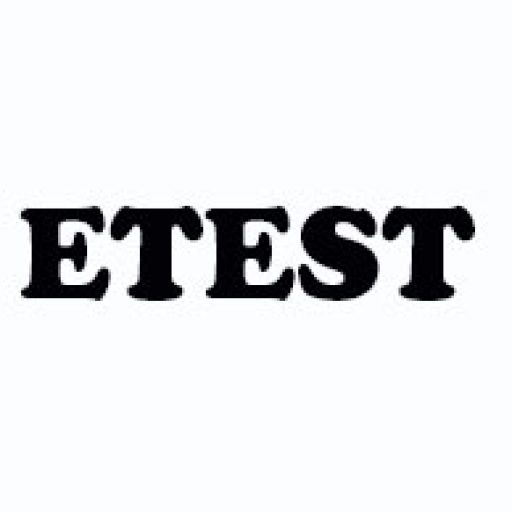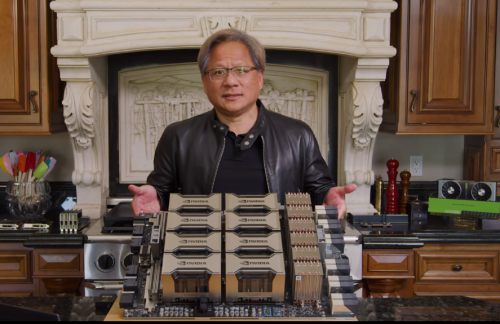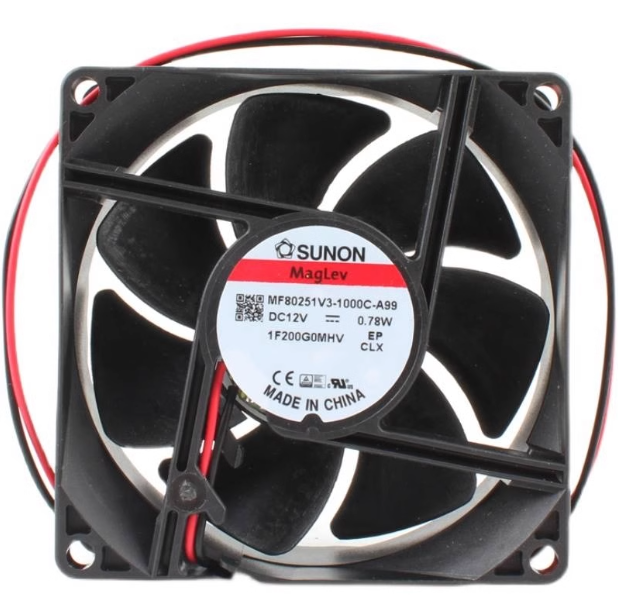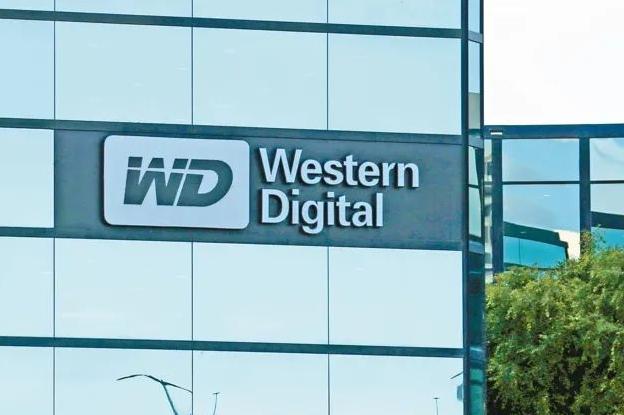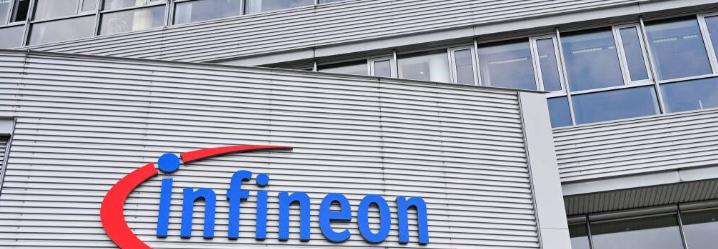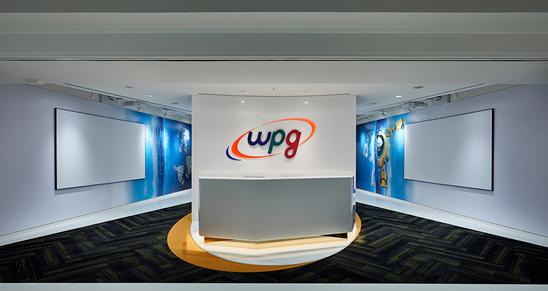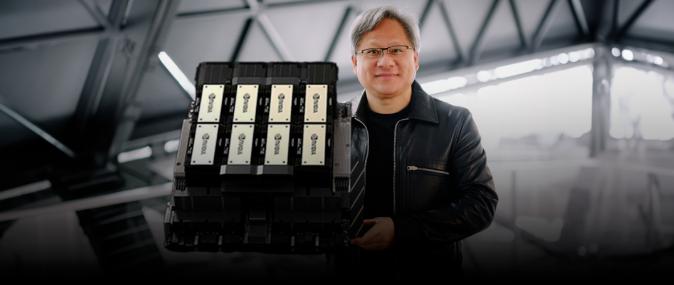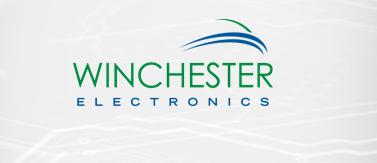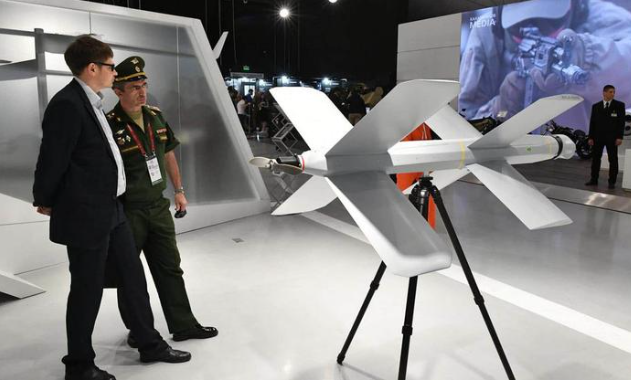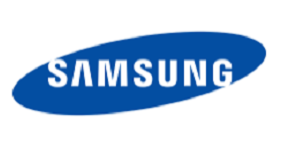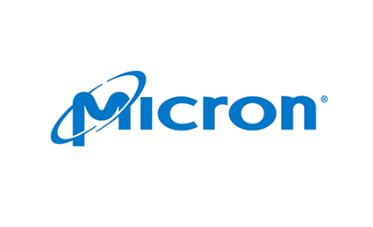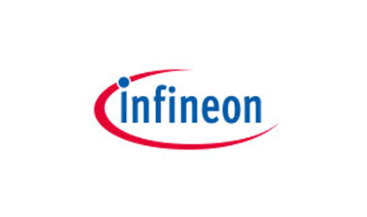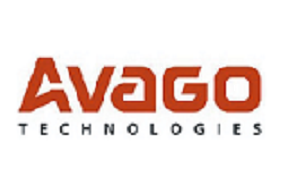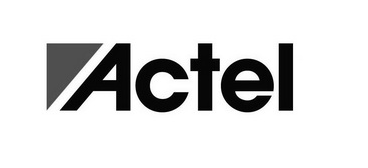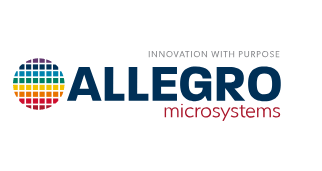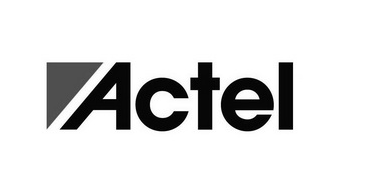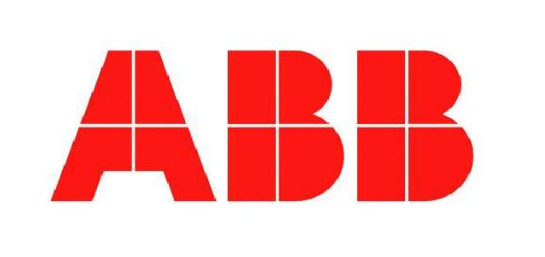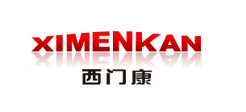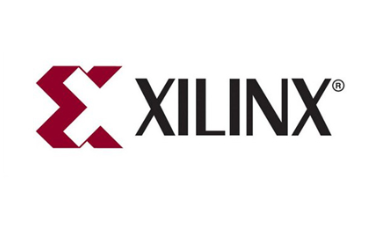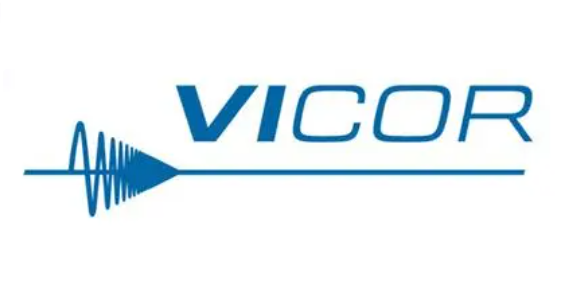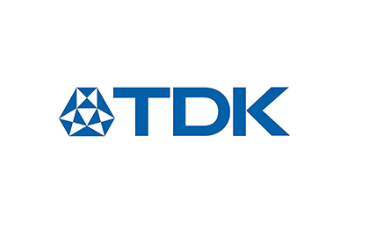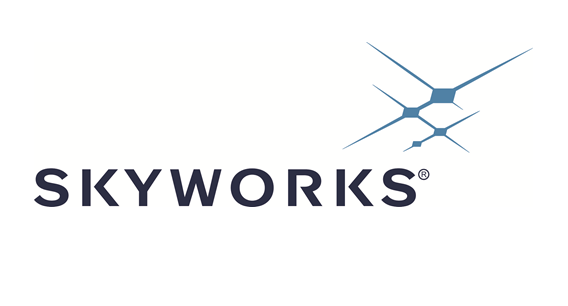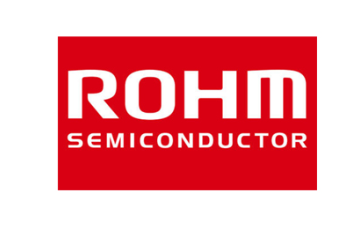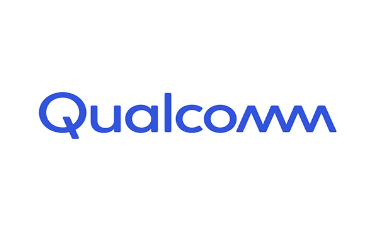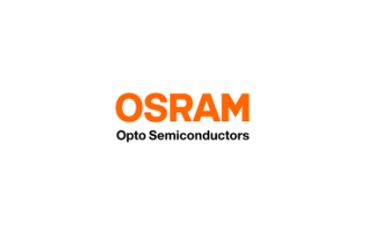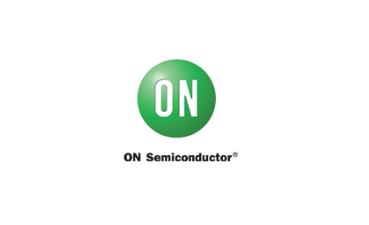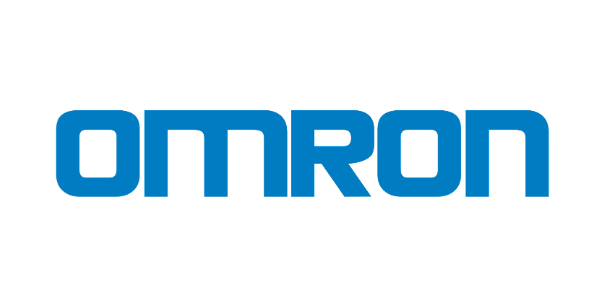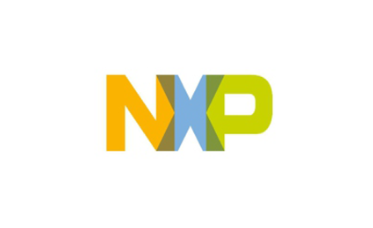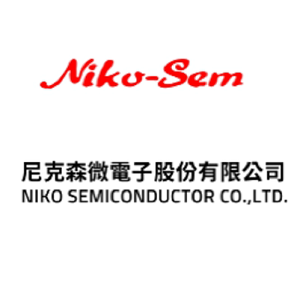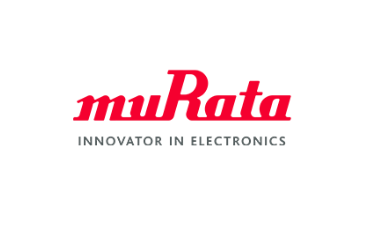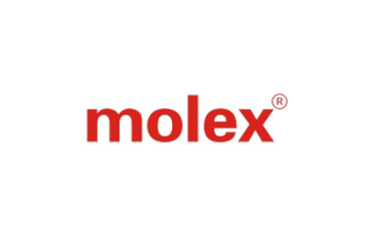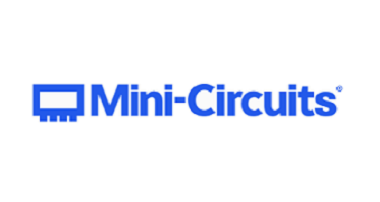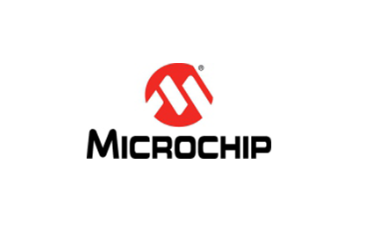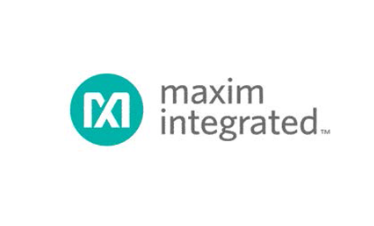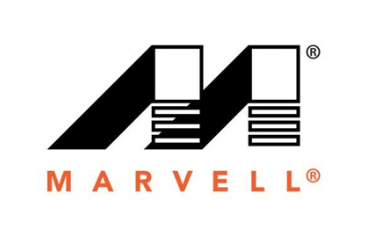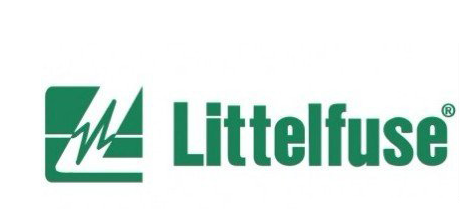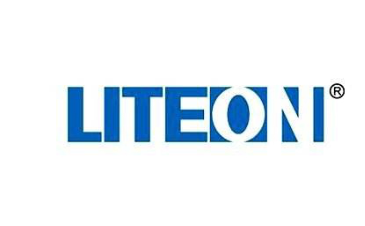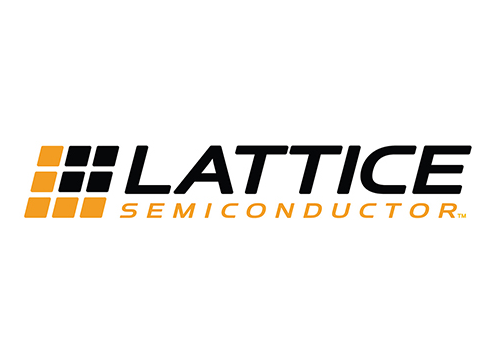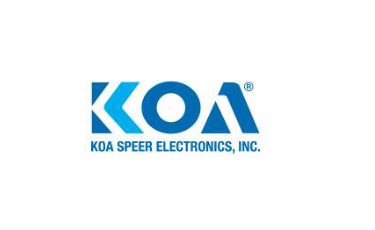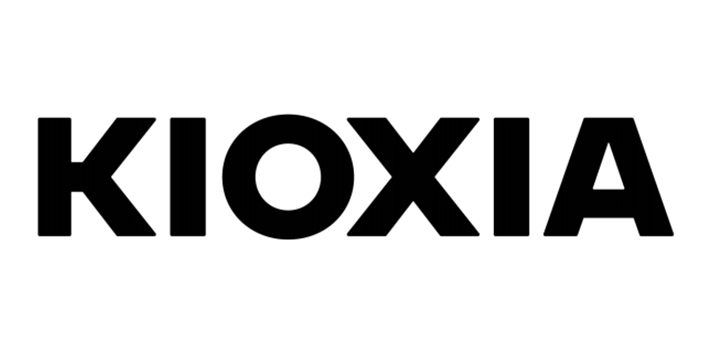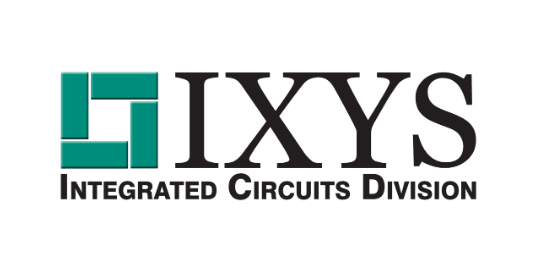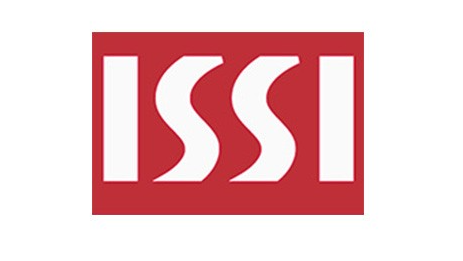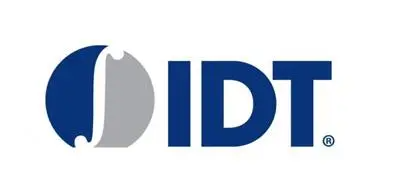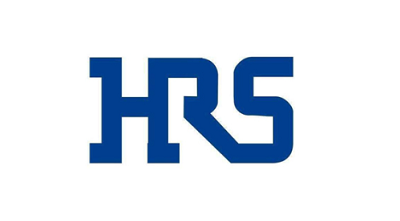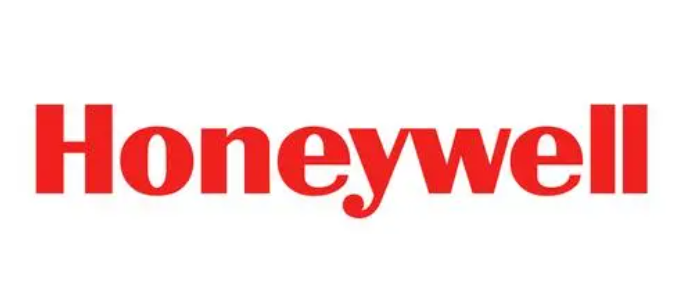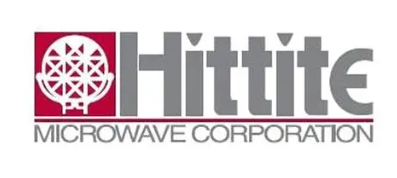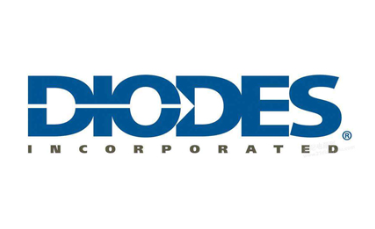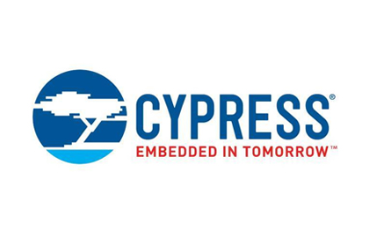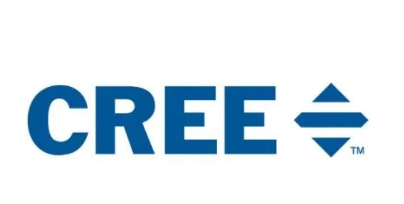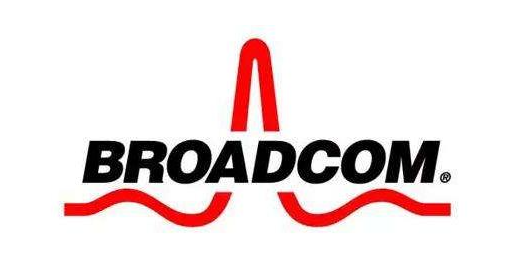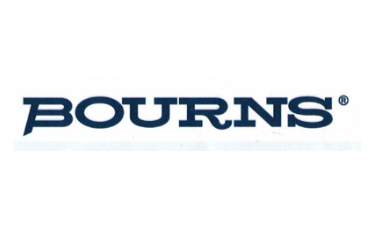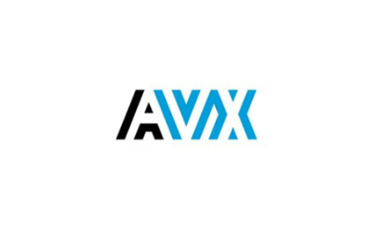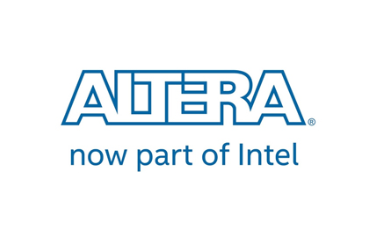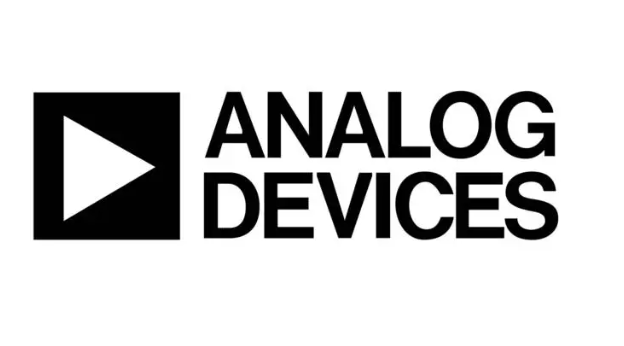21th Sep 2023, Toshiba, one of Japan’s oldest and biggest firms, is set to end its 74-year stock market history as a group of investors have bought a majority stake.
The company has announced that a consortium led by private equity firm Japan Industrial Partners (JIP) has purchased 78.65% of its shares.
Owning more than two-thirds of the firm allows the group to complete a $14bn (£11.4bn) deal to take it private.
The firm’s roots date back to 1875, as a maker of telegraph equipment.
Under the deal its shares could be taken off the stock market as early as the end of this year.
The company “will now take a major step toward a new future with a new shareholder,” Toshiba’s president and chief executive officer, Taro Shimada, said in a statement.
Toshiba’s shares started trading in May 1949 when the Tokyo Stock Exchange reopened as Japan emerged from the ravages of World War Two (WW2).
Its divisions range from home electronics to nuclear power stations, and for decades after WW2 was a symbol of the country’s economic recovery and its technology industry.
In 1985, Toshiba launched what it described as “the world’s first mass-market laptop computer”.
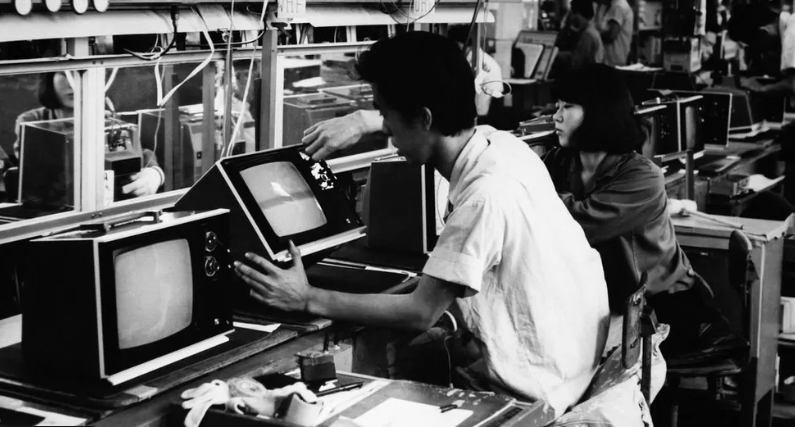
For decades after World War Two, Toshiba was a symbol of Japan’s economic recovery and its high tech industry.
However the Tokyo-based company has faced a number of major setbacks in recent years.
“Toshiba’s catastrophe is a consequence of inadequate corporate governance at the top,” Gerhard Fasol, chief executive of business advisory firm Eurotechnology Japan told the BBC.
In 2015, it admitted to overstating its profits by more than a $1bn over six years and paid a 7.37bn yen ($47m; £38m) fine, which was the biggest in the country’s history at the time.
Two years later, it revealed major losses at its US nuclear power business, Westinghouse, taking a 700bn yen writedown.
To avoid bankruptcy it sold its memory chip business in 2018, which was seen as a crown-jewel in the company’s portfolio.
Since then Toshiba has received several takeover offers, including one from UK private equity group CVC Capital Partners in 2021, which it rejected.
In the same year, the company was found to have colluded with the Japanese government to suppress the interests of foreign investors.
“Toshiba, in the eyes of many Japanese people and especially government, is a national treasure, which is part of the problem,” Mr Fasol said.
The firm then announced plans to break up the company into three separate businesses. Within months the plan was revised, with its board saying it would instead split the company into two units.
Before the new breakup plan was carried out the company’s board said it was considering JIP’s offer to take the company private.
“The company needs to radically reinvent itself after spinning off many of its core business units, notably its semiconductor group,” said Marc Einstein, chief analyst at Tokyo-based research and advisory firm ITR Corporation.
Toshiba was also the most iconic name to join the trend for Japanese firms going private to avoid “having to be accountable” to shareholders, he added.
有着约148年历史的东芝或将终结其长达74年的上市历程。
2023年 9月21日,东芝公司宣布,由私募股权基金“日本产业合作伙伴(JIP)”牵头的2万亿日元(约合135亿美元、根据发行的股票数量和股票实际价格算)要约收购已获得成功,超过一半的股东参与此次收购,达到将公司私有化的门槛。JIP目前持有该公司78.65%的股份,该交易完成后,东芝将从东京证券交易所退市。
最早或于年底正式退市
东芝的退市早有迹象。早在2021年4月份,私募股权公司CVC就提出了对东芝的私有化要约。彼时东芝并未接受这一提议,但表示会考虑可靠的要约方案。
经过商谈,今年3月份,东芝同意了日本国内企业组成的资金联盟、日本产业伙伴(JIP)的收购提案。JIP彼时提案的目标是,东芝的企业价值在未来能逐步提升,公开收购后就将东芝从东京证券交易所退市,待企业价值回升后再让东芝重新上市。
直至今日,东芝正式宣布,135亿美元要约收购已获得成功,超过一半的股东参与此次收购,达到将公司私有化的门槛。交易完成后,东芝将从东京证券交易所退市。
东芝方面提供的内容显示,JIP目前持有东芝78.65%的股份。同时,在独立性方面,JIP计划依然保留东芝首席执行官及其管理团队,实现业务的单独管理。据知情人士透露,预计东芝将在今年11月下旬召开临时股东大会,最早在年底退市。
“东芝退市主要原因还是经营业绩不佳,再加上此前财务造假造成对企业信誉的负面影响,退市私有化能在一定程度确保投资人利益,并让新东芝能专注基础设施业务,未来吸引更多的投资者。”业内人士表示。
实际上,东芝在资本市场已经难以支撑。按照东京证券交易所的规定,东芝必须结束连续多年的资不抵债局面,否则将会被强制退市。陆续出售资产后,东芝勉强维持,却也难以重拾大部分投资者信心。
在某证券机构首席顾问梁先生看来,东芝目前股价很低、融资艰难,投资者信心缺失,企业上市已经失去了意义。而实现私有化,可以让公司实现股东层面简单化、高效决策、快速架构调整和业务整合。
业内人士认为,私有化对东芝来说,一方面可以轻装上阵,缓解监管压力,另一方面企业可以聚焦发展基础设施业务。“东芝退市对其中国市场整体影响不大,私有化后公司治理体系会发生变化,会不会引起新的全球化战略调整还需要关注。”
未来走向何方?
用了十年时间,这家头戴科技巨头光环的企业,逐步从辉煌走向衰落,甚至走向退市,并非意外。
东芝创立于1875年,是日本制造业的代表品牌,以家电制造享誉全球,创造出日本第一台电视机、全球第一台笔记本电脑。以家电产品名声大噪后,东芝开始“狂奔”,迅速将业务扩张到半导体、重型电机、医疗设备、铁路运输、电梯制造等领域。
蒙眼狂奔后,留下的是无尽唏嘘。在经历电子产业崩塌、核能业务失败后,难以应对PC等业务利润率微薄业绩大幅下滑,东芝被曝出长达8年的财务造假,陷入破产境地。危机下,东芝选择断臂求生,将家电、笔记本大部分资产分别出售给了美的、夏普,将白电部分国内授权出售给了创维,并卖掉了存储芯片公司股权,转而主攻基础设施、电机及半导体领域。
“退市是东芝发展史上一个具有分水岭意义的事件,在一定程度上也代表了日本制造鼎盛时期的落幕。当然,退市不等于一蹶不振,东芝在基础设施及半导体存储器领域仍有较强的竞争力,未来走向仍由决策层的掌舵而定,但东芝依旧需要聚焦强项主业,发挥品牌价值优势谨慎布局。”
